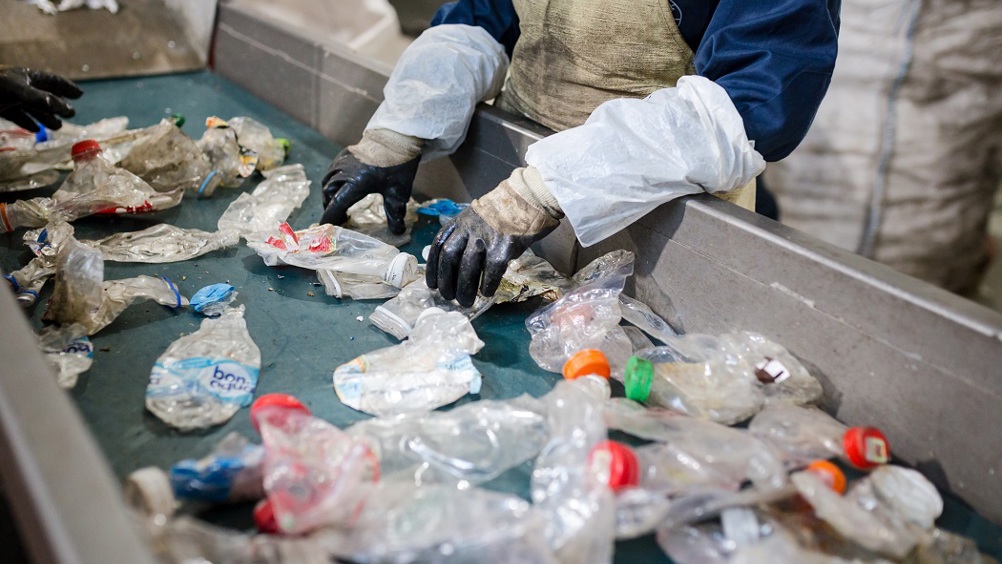The plastic problem

Rebecca Waters explores what practices can do to help.
Rebecca Waters explores what practices can do to help.
Plastic pollution isn’t a new concern. Indeed, as awareness surrounding plastic pollution has grown over the last decade or so, it seems that there has been almost constant coverage on the topic.
But what about the UK’s approach to plastic pollution, and in what ways can professionals embrace change to help make a difference?
Let’s look at the stats
Currently, the UK is estimated to generate around 2.36 metric tons (mt) of plastic waste per year. Out of this, it’s thought that between 32 per cent and 43.8 per cent is recycled (1.03 million mt). It is difficult to accurately assess the current level of plastic waste being recycled and the amount entering landfill. A lot of plastics will find their way into natural environments such as the ocean through improper disposal and therefore can’t be properly assessed. Some plastics may be produced in home environments through processes such as 3D printing and therefore won’t be recorded, and some pieces of plastic that are collected for recycling won’t necessarily be reprocessed. Indeed, plastic recycling in the UK recently came under fire when it was revealed that huge amounts of plastic waste was being sent to illegal processing units or dumps in other countries such as China and Malaysia.
Register now to continue reading
WHAT’S INCLUDED
-
Unlimited access to the latest news, articles and video content
-
Monthly email newsletter
-
Podcasts and members benefits, coming soon!
